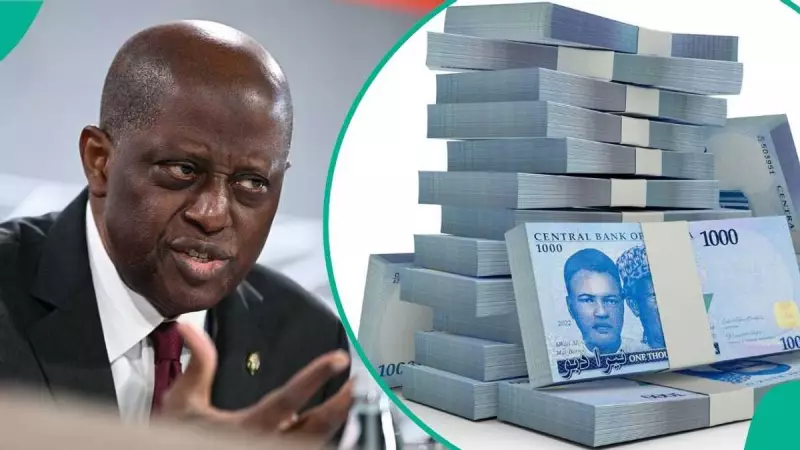
In a significant development for Nigeria's monetary system, prominent financial experts are mounting pressure on the Central Bank of Nigeria (CBN) to introduce new higher denomination banknotes. The proposed currency overhaul would see the introduction of ₦10,000 and ₦20,000 notes, aiming to address growing concerns about the naira's practicality in an inflationary environment.
The Case for Currency Modernization
Economic analysts argue that the current highest denomination of ₦1,000 has become increasingly inadequate for daily transactions. With rising inflation affecting purchasing power, Nigerians often need to carry large volumes of cash for routine purchases, creating security risks and logistical challenges.
Professor Uche Uwaleke, a respected financial economist, emphasized that "making the naira more portable through higher denominations would significantly reduce the volume and weight of cash transactions. This move aligns with global best practices where central banks periodically review currency structures to reflect economic realities."
Addressing Inflation Concerns
While some critics worry that introducing higher denominations might fuel inflation, financial specialists have countered this argument. They clarify that higher banknotes don't inherently cause inflation but rather respond to existing inflationary pressures in the economy.
Dr. Muda Yusuf, Chief Executive Officer of the Centre for the Promotion of Private Enterprise, explained that "currency restructuring is primarily about convenience and efficiency, not monetary expansion. The CBN would maintain control over the total money supply regardless of denomination sizes."
Practical Benefits for Businesses and Individuals
The proposed currency upgrade promises multiple advantages:
- Enhanced Security: Reduced bulk of cash makes transactions safer for both businesses and individuals
- Improved Efficiency: Faster counting and handling of cash in markets, banks, and commercial establishments
- Cost Reduction: Lower expenses associated with cash storage, transportation, and processing
- Modernization: Alignment with international standards where higher denominations coexist with digital payment options
Digital Integration Complement
Financial experts stress that higher denominations should complement, not replace, the ongoing push toward digital payments. The currency modernization would serve segments of the economy where cash remains dominant while continuing to encourage electronic transaction adoption.
As Nigeria navigates economic challenges, this proposal represents a pragmatic approach to making the national currency more functional and user-friendly for all Nigerians.





